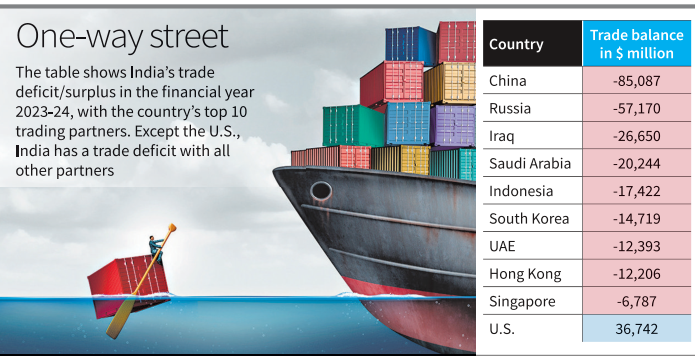Table of Contents
Astronomical Transients
Context: Recently, Indian-American astronomer Shrinivas Kulkarni was awarded the Shaw Prize for Astronomy for his work on the physics of astronomical transients.
About Astronomical Transients
- Definition: A ‘transient’ in astronomy refers to any celestial object whose brightness changes over short periods of time.
- Transients are typically associated with violent astronomical phenomena.
- Importance of Studying Transients: Astronomers study transients to understand the origins of their violence and what it reveals about non-transient events.
- Examples of Astronomical Transients:
- Supernovae:
- Occur when large stars explode, blowing up their outer layers while their cores implode after exhausting elements for fusion.
- Supernovae can become brighter than all the stars in their host galaxy combined.
- Active Galactic Nucleus (AGN):
- Found at the centres of massive galaxies, hosting supermassive black holes.
- These black holes sometimes consume matter in their orbit, causing interactions that make the matter acquire energy and glow with varying brightness.
- Fast Radio Bursts (FRBs):
- Discovered in 2007, FRBs are mysterious and difficult to spot.
- They can emit more than 10 times the energy of the Sun in a few milliseconds.
- The cause of FRBs is still unknown.
- Supernovae:
LVM3
Context
- ISRO’s commercial arm, New Space India Limited (NSIL), invited private firms for “end-to-end” manufacturing of the Launch Vehicle Mark-III (LVM3), previously known as GSLV-MkIII.
- This initiative aims to enhance private sector participation and strengthen India’s position in the global space market.
What is Launch Vehicle Mark-III (LVM3)?
- Formerly known as Geosynchronous Satellite Launch Vehicle (GSLV) Mk-3.
- A three-stage launch vehicle developed by the Indian Space Research Organisation (ISRO).
- Capable of placing 4-tonne class satellites in Geosynchronous Transfer Orbit (GTO) and 8-tonne payloads in Low Earth Orbit (LEO).
- Has successfully launched six missions, including Chandrayaan-2 and Chandrayaan- 3.
Technical Specifications:
- Height:5 metres
- Weight: 640 tonnes
- Stages:
- Two S200 solid strap-on motors (each with 204 tonnes of propellant)
- One L110 liquid core stage
- One C25 high-thrust cryogenic upper stage (with a fully indigenous CE20 engine).
India’s Trade Deficit
Context: India recorded a trade deficit with 9 out of its top 10 trading partners in 2023-24.
More in News
- Trade Surplus: The U.S. is the only top trading partner with which India has a trade surplus of $36.74 billion.
- Other countries: India also has a trade surplus with Belgium, Italy, France, and Bangladesh.
- Bilateral Trade with China: Increased to $118.28 billion in 2023-24, with China as India’s largest trading partner.
- Comparison with Previous Year:
- Deficits with China, Russia, Korea, and Hong Kong increased.
- Deficits with UAE, Saudi Arabia, Russia, Indonesia, and Iraq decreased.
- Economic Impact: Trade deficits can lead to currency depreciation, making imports more expensive and worsening the deficit.
- Experts from the Global Trade Research Initiative highlighted the pressure on the domestic economy due to rising trade deficits.

| Free Trade Agreements (FTAs) |
|
Examples, Case Studies and Data
- Slowdown in Global Growth (GS- 3): Global recession risks have decreased, but inflation concerns continue to threaten financial stability.
- The IMF, World Bank, and rating agencies predict a slowdown in global growth, highlighting key risks such as Middle East conflicts, financial stress, persistent inflation, and reduced international trade.
- The IMF’s Global Debt Monitor reports global debt at $235 trillion, equivalent to 238% of global GDP, raising fears of a debt crisis.
- Fiscal prudence may be challenged as many nations face elections this year.


 Unlocking the Potential of India–Afric...
Unlocking the Potential of India–Afric...
 Speedy Justice and the Crisis in Consume...
Speedy Justice and the Crisis in Consume...
 Kavachi Volcano: Location, Features, Eru...
Kavachi Volcano: Location, Features, Eru...

























